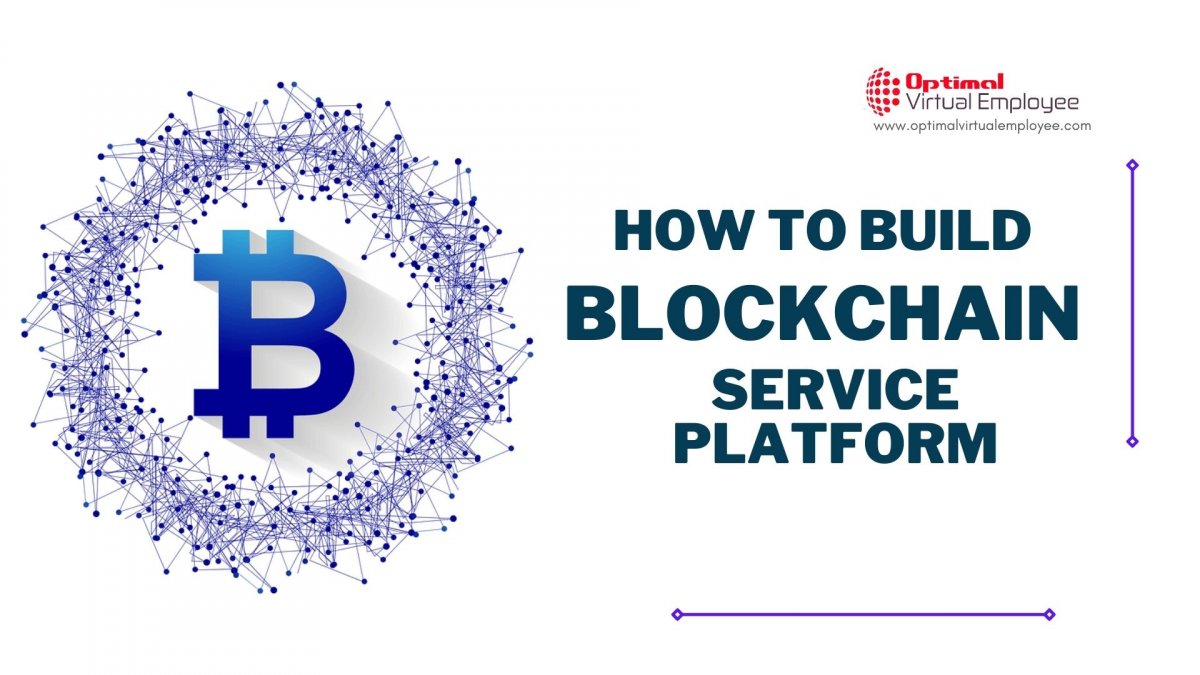The speed at which new technologies and innovations are disrupting business processes, organisations find it difficult to keep up. They are often faced by a dilemma of how they should nurture their own IT skills in house by investing in on-premise solutions and platforms. The perfect remedy to such a dilemma is Blockchain-as-a-service model along with popular cloud-based deployments. This particular service model helps with IT transformations in a risk free way. Navigating through the ways to use the power of distributed ledger, a number of businesses have adopted Blockchain as a service (BaaS) model.
What is the BaaS Model?
Within the BaaS model, enterprises use cloud-backed solutions. They host and launch their own Blockchain integrated apps, smart contracts and other blockchain features. In such a model, the cloud-based service provider or vendor manages the consequent roles and activities that support the infrastructure and let the business thrive. Metamorphosis into the BaaS model is an iconic milestone in the growth trajectory of the blockchain tech. With integration of the BaaS model, the use of the distributed ledger technology will likely accelerate throughout the business world.
Why Choose the BaaS Model for Business?
Many businesses including the ones in the field of ecommerce are experimenting with blockchain technology, using it to their advantage. But the multiple technical complexities, limited industrial expertise and gigantic operational costs that result from leveraging the blockchain technology and working to keep up its infrastructure often stagnate the rate at which it is adopted. Blockchain-as-a-Service model is the perfect option that businesses need; to mitigate the aforementioned ills.
Settling for a Blockchain-as-a-Service model lets companies collaborate with skilled IT experts, get help with building and deployment of blockchain’s cloud infrastructure, without obsessing about additional overhead expenses. Moreover, working with a BaaS professional helps businesses leverage practical experience that pays off in terms of enhanced security of the cloud ecosystem. For example, hiring an ecommerce expert can actually tie down the risk factor associated with the use of blockchain as compared to developing a solution in house.
Furthermore, the total expense involved in building blockchain apps that are self hosted can be a bit steep due to the initial costs involved like infrastructural, hardware and personnel as compared to BaaS solutions. This is what makes BaasS models the preferred option for a modern business.
Types of Blockchain Platforms
- Public Networks- Public networks allow all to participate at all levels. They are decentralised by nature and allow functions like for example mining cryptocurrency, full nofe, trading tokens etc. These networks are a bit slow as compared to others.
-
- Permissioned Networks- Permissioned networks allow selective public admission with predefined controls. Speedy by nature, these networks come with high storage capacity and low latency.
- Private Networks- Private networks work in close-coordination and are shared amongst trusted parties. They keep the promise of zero latency and are super speedy. Private networks steer clear of cryptocurrency at large and leverage the security of a decentralised network.
How to Build a BaaS Platform?
A BaaS platform needs all the participants to be authorised before they participate in the network. A permissioned network needs identity verification and authorisation that are called notaries. Secondly, businesses need to decide if they need to build crypto-currency or they would rather tokenize the assets on the blockchain circuit. Since there are only a limited number of developers available to work on blockchain, it’s best that businesses hire blockchain experts to perform such simple tasks. While businesses prefer this particular technology for its superior and secure features, the fact that it records data exchanges on an easily accessible ledger is a bit unsettling. The data protection and privacy laws in western countries make it extremely important for businesses to ensure security of their customer data. However in the case of blockchain, security is not an intrinsic feature. Blockchain’s distributed ledger technology uses public key encryption, hashing, digital signatures and similar techniques to ensure wholesome security, but still need vigilance during execution. Even a small security lapse or bug in the platform can put the precious customer data at risk of breach. BaaS providers must ensure that their platform needs the requirements of the IT market, their parameters and success criteria.
An online website may witness an increase in number of transactions and participants with time, thus the blockchain-as-a-service platform needs to be scalable enough to accommodate the growing needs of a business. BaaS should offer high transaction speed, have a transaction intensive dapp and must work well with escrow agreements. A BaaS platform built keeping all these parameters in mind would be a preferred choice of businesses looking to integrate blockchain technology into their systems without building a custom solution for it.
In the End
Blockchain-as-a-Service platform needs to be developed to meet the ever increasing demand for blockchain in modern businesses. That is why different blockchains are present in the market today which offer complete freedom to businesses without being completely decentralized. Still such BaaS platforms need a governmental ecosystem along with identity management. As an enterprise, if you are wondering regarding the profitability of a BaaS platform as a business, connect with our software developers.
Looking to get blockchain integration into your app, hire software developers today!
Also Read:









